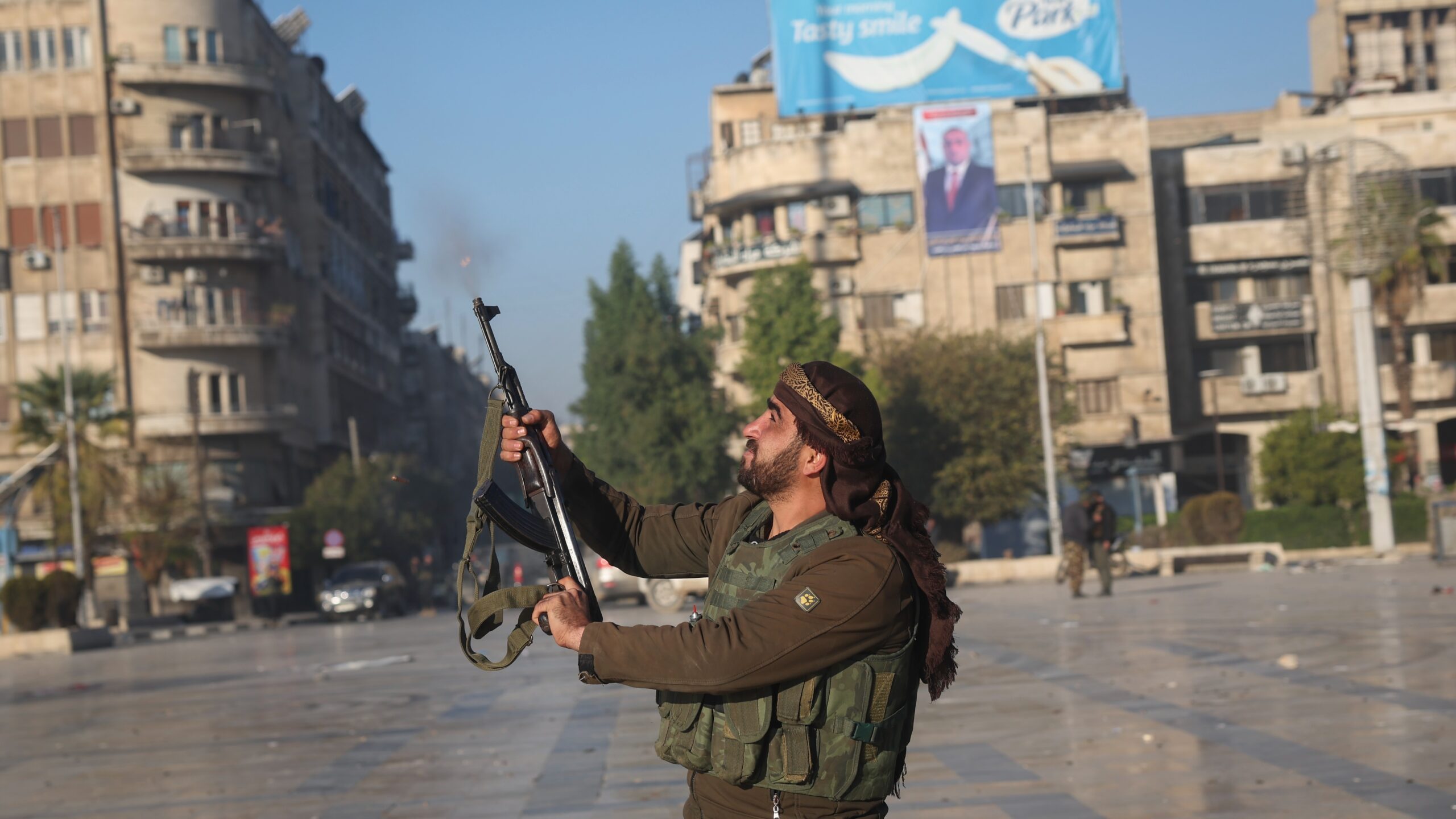
Russia’s air force strikes Aleppo, killing over 300 insurgents as rebels launch their fiercest offensive in years. Tensions rise in Syria with global implications.
In a major escalation in Syria’s ongoing conflict, the Russian Defence Ministry confirmed that its air force launched a series of devastating strikes in Aleppo, targeting insurgent positions in support of President Bashar al-Assad’s forces. The attack, led by the Islamist rebel group Hayat Tahrir al-Sham (HTS), marked one of the most significant challenges to Assad’s regime in years. The Russian airstrikes reportedly killed over 300 insurgents, according to TASS News Agency.
A Fierce Rebel Offensive
The offensive began on Wednesday, with HTS forces, formerly known as the Nusra Front, penetrating deep into Aleppo. They captured several key areas, including Aleppo’s airport and the city of Maraat al-Numan in Idlib province, escalating the chaos. Syrian government forces, backed by Russia, carried out missile strikes to repel the insurgents and safeguard civilians, but the rebels made significant territorial gains.
This marks the most intense fighting since 2020, when a ceasefire brokered by Russia and Turkey largely froze front lines in northwest Syria.
Syrian Army’s Response
Faced with heavy losses, the Syrian Army redeployed forces to fortify defensive lines around Aleppo. A military statement emphasized that this measure was aimed at minimizing civilian casualties and stabilizing the region. Aleppo, once Syria’s largest city, has remained under government control since 2016 after a brutal campaign supported by Russian forces decimated rebel strongholds in the city.
Geopolitical Implications
The Aleppo offensive has reignited tensions in the region, with global powers closely monitoring the situation. The fighting coincides with ongoing conflicts in Gaza and southern Lebanon, involving Iranian-backed groups like Hezbollah. Analysts warn of potential spillover effects in the already volatile Middle East.
The United States, while denying involvement in the Aleppo offensive, condemned the Assad regime’s reliance on Russia and Iran. Sean Savett, a spokesperson for the US National Security Council, stated that Assad’s failure to engage in a political process had created conditions for instability.
Iranian Foreign Minister Abbas Araqchi accused the US and Israel of orchestrating the rebel campaign to destabilize Syria, a claim echoed by state media in Tehran.
Rebel Motives
HTS, designated a terrorist organization by the US, Russia, Turkey, and other nations, claimed that their attack was a response to intensified airstrikes by Russian and Syrian forces in Idlib. Insurgents targeted key infrastructure in Aleppo, including universities and civilian facilities, causing significant casualties and damage.
Regional Stability at Risk
With Assad’s government backed by Russia and Iran, and Turkey supporting some rebel factions, the conflict underscores the complexity of Syria’s decade-long war. Observers fear the resurgence of full-scale hostilities in northwest Syria could destabilize the region further.
As the situation unfolds, the international community has called for restraint and a renewed focus on diplomatic solutions to Syria’s long-standing crisis.


